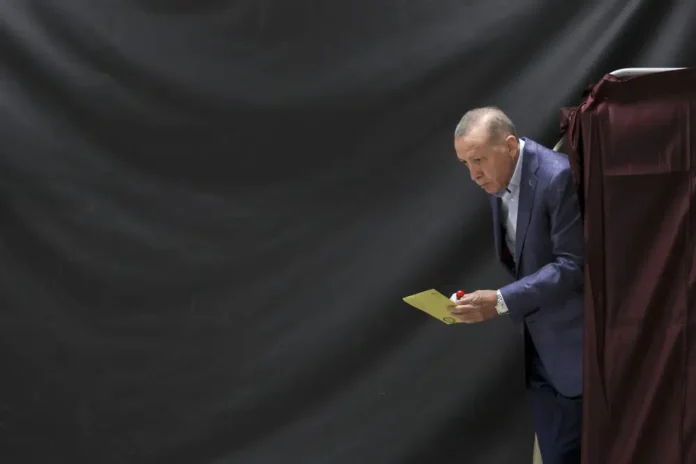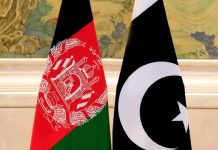ANKARA (Reuters) – Turkey will take part in landmark parliamentary and presidential elections in what is expected to be a hotly contested battle, the biggest challenge President Recep Tayyip Erdogan has faced in his two decades in power.
The vote will either give the increasingly authoritarian President Erdogan a new five-year term, or, as opposition candidates argue, lead NATO member states down a more democratic path.
Elections began at 8:00 am (05:00 GMT) and ended at 5:00 pm. (14:00 Japan time). The press will be barred from covering some of the results until the embargo is lifted at 9pm. (18:00 Japan time). No exit polls. For the first time in 20 years in office, 69-year-old populist Erdogan is starting out behind his opponents, according to polls. Polls show Kemal Kirikdaroglu, 74, leader of the center-left pro-secular Republican People’s Party (CHP) and co-candidate of the United Opposition Coalition, with a slight lead. If no candidate receives more than 50% of the vote, the presidential election will be decided in a runoff on May 28.
More than 64 million people, including 3.4 million foreign voters, will be eligible to vote in the elections, which will be held in the year that marks the centenary of the Republic of Turkey. Turkey’s voter turnout has traditionally been high, reflecting the continued belief in this kind of civic participation in a country where freedom of expression and association is stifled. The election comes at a time when the country is experiencing economic turmoil, with critics blaming the government’s poor economic management and a severe cost of living crisis.
Turkey is also suffering from the effects of a massive earthquake that struck 11 southern provinces in February, killing more than 50,000 people in unsafe buildings. Erdogan’s government has been criticized for its slow and inadequate response to the disaster, and lax enforcement of building codes that exacerbated the devastation.
Internationally, the election is being watched as a test of the combined opposition’s ability to oust leaders who hold almost all power.
Erdogan has, as in the past, used his control over state money and the media to campaign against his views. He accused the opposition of collaborating with “terrorists”, being “hard drinkers” and defending LGBTQ rights, which he said posed a threat to traditional family values.
To entice inflation-hit voters, it has boosted wages and pensions, and subsidized electricity and gas bills, while showcasing Turkey’s defense industry and infrastructure projects.
He has expanded the political alliance between his ruling Justice and Development Party (AKP) and two nationalist parties to include smaller left-wing parties and two Islamist minorities.
The six-nation alliance, led by Mr. Kilicdaroglu, has pledged to abolish the executive presidential system, which was narrowly passed in a referendum in 2017, and return the country to parliamentary democracy. They promised to restore the independence of the judiciary and the central bank, introduce checks and balances, and reverse President Erdogan’s democratic regression and suppression of freedom of speech and dissent.
The alliance includes the Nationalist Good Party, led by former Interior Minister Meral Akhtner, two breakaway parties from the AKP led by former Prime Minister Ahmed Davutoglu and former Finance Minister Ali Babakan, and a smaller Islamist party.
The country’s main Kurdish party, which has been targeted by the government for arrests and lawsuits, and now Turkey’s second largest rebel group, is backing Mr. Kilicdaroglu in the presidential election.






